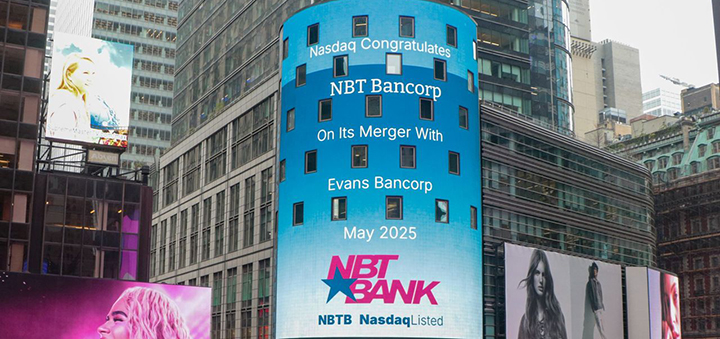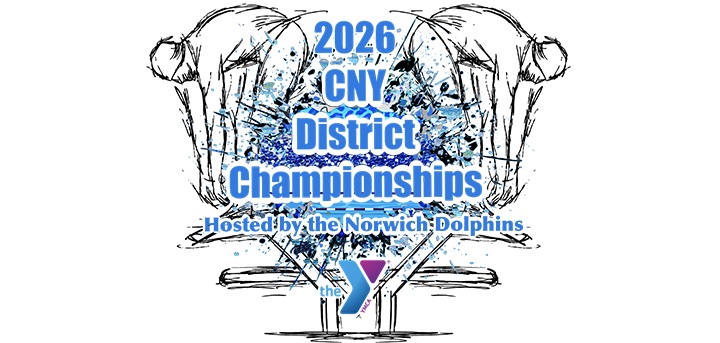The Bailout Blues, revisited
Does anyone else have that feeling of deja vu? Wasn’t it only a couple of months ago that we were talking bailouts and recovery plans? Actually, it wasn’t even two months ago when we were all debating the wisdom of a $700 billion Wall Street “stabilization plan.”
Next in line for a government handout are the U.S.’s big three auto makers: Ford, Chrysler and GM.
They make a fairly good case. The proposed $25 billion “rescue” would safeguard an industry that accounts for around 4 percent of the U.S.’s GDP (Gross Domestic Product). A collapse of this industry could mean the loss of nearly 3 million American jobs and create a domino effect, putting industry suppliers out of business as well.
I’ve heard that it would actually cost the U.S. government around $60 billion in lost tax revenue, Social Security and payouts in unemployment and federal assistance in the first year alone. Maybe $150 billion in lost taxes by the end of three years.
When you look at these numbers, $25 billion seems like a bargain to maintain economic stability and all of those jobs. So, why then is this such a controversial issue?










Comments